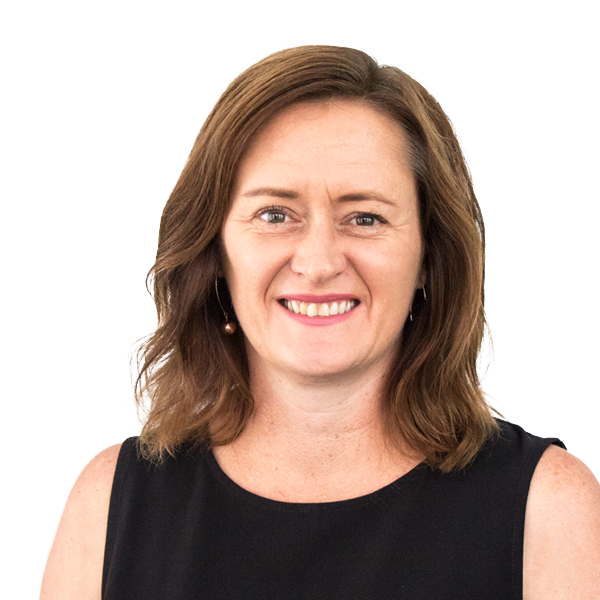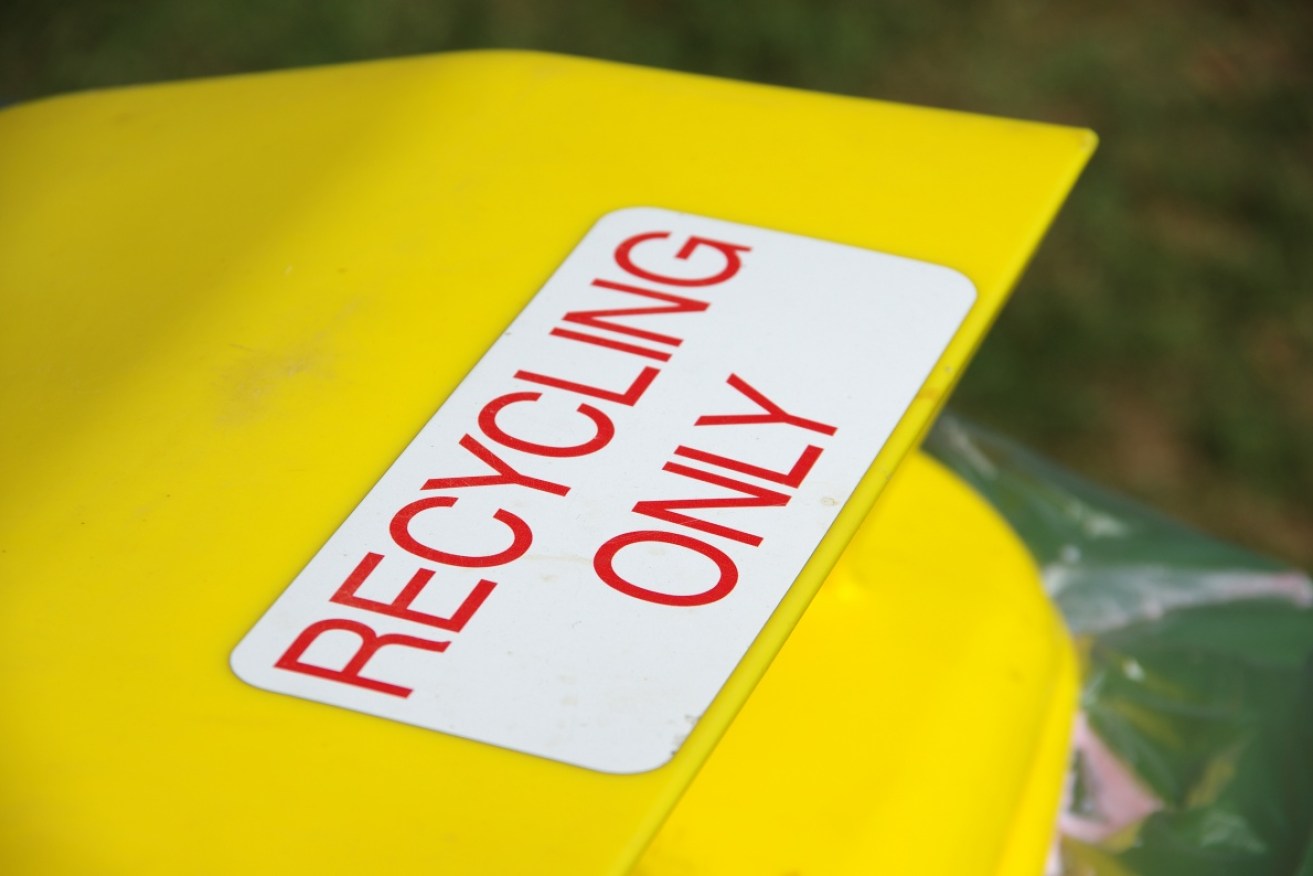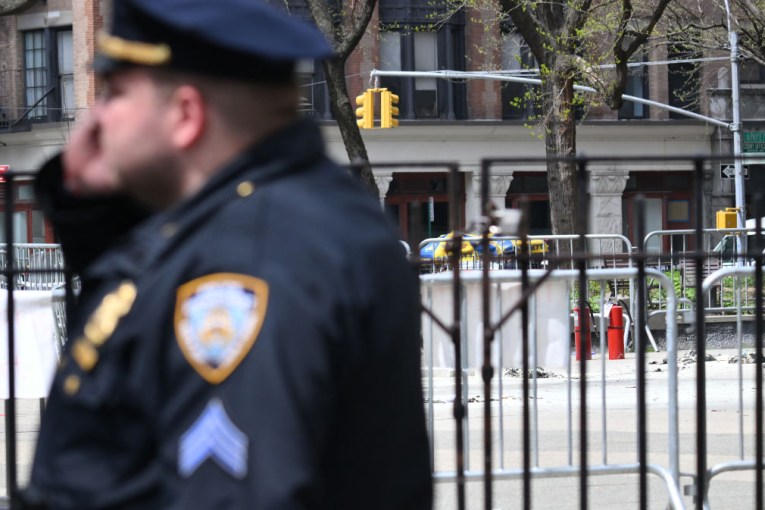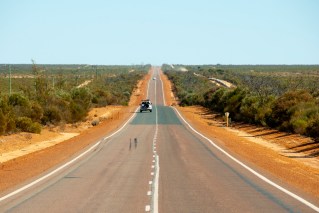What you need to know to recycle more, waste less


Recycling is mandatory, but where does rubbish go when no one will accept it? Photo: Getty
Sunday, April 22, is World Earth Day. This year, the international day has a focus on ending plastic pollution – a timely theme for Australians, given the crisis that could bring an end to kerbside recycling.
One Queensland council this week dumped its recycling program, only to reverse its decision a day later in response to a public outcry. In Victoria, another council is to raise rubbish collection charges by $68 a year to cope with the costs imposed by China’s decision to stop taking our waste.
Worse is coming. Local Government Association of Queensland chief executive Greg Hallam said other councils would follow suit – either raising rates or quitting recycling.
“The effective cost increases to councils are 400 and 500 per cent – it’s just not feasible that councils can sustain those losses,” he said.
“It’s unfortunate and we would prefer it to be otherwise, but without any sort of subsidy for our recyclable materials, councils just can’t make the maths add up.”
All of which might make Earth Day a timely day to consider how to make the most of your own kerbside recycling program. You can reduce the amount of rubbish you have, and ensure what you do throw in the yellow bin has the best chance of being recycled.
"Wrapped in a Sea of Plastic" by our President, @Kathleenedn https://t.co/th1wXo4bAH #EndPlasticPollution #EarthDay2018 pic.twitter.com/AqjIarqQ40
— EARTHDAY.ORG (@EarthDay) April 19, 2018
Avoid contamination
Just about the worst things you can put in your recycling bin are plastic bags. They can’t be recycled by kerbside programs and they interfere with sorting goods that can be recycled.
“It’s too dangerous and time-consuming to open and sort the bags, [so] they have to be removed from the recycling stream and thrown into the rubbish,” according to Planet Ark. “That means valuable resources will not be reclaimed. Instead they will be wasted in landfill.
Don’t use plastic shopping bags to bundle up bottles and paper for your yellow bin. To recycle shopping bags, drop them in the specially-marked bins at your local supermarket – along with other soft (scrunchable) plastic, such as bread bags and food wrappers.
Make the most of the bin
Items that can be recycled vary from council to council. Check the sticker under the lid of your yellow bin or head to RecyclingNearYou to find out what your local government authority will collect.
Surprising items that can often go in the bin include aluminium foil (roll it into a ball first), bottle tops and aerosol cans. But you can’t throw in drinking glasses, ceramics or window glass.
“Contamination from as little as 15 grams per tonne can result in one tonne of valuable glass going to landfill,” Planet Ark says.
“It is always best to live by the recycler’s motto ‘If in doubt, leave it out’.”
Just had a chat to @abcadelaide about #recycling and the impacts of China's new waste policy. We can all help reducing contamination by recycling right. You can find out how at @PlanetArk's https://t.co/x0phAuzWxa
— Ryan Collins (@djrsee) April 19, 2018
Think beyond the bin
Just because something can’t go in your kerbside bin doesn’t mean it can’t be recycled. Take soft plastics to the supermarket, check to see if the manufacturer of your coffee pods has a recycling program and research local drop-offs for batteries, such as supermarket chain Aldi.
For e-waste and associated products, including computers, mobile phones and print and toner cartridges, investigate programs such as Cartridges 4 Planet Ark, the National Television and Computer Recycling Scheme and Mobile Muster.
Just use less
Some items make up a disproportionate amount of the plastic swirling around the world. They include straws, drink stirrers, cotton buds and coffee cups – all of which might soon be banned in Britain.
Last week, British Prime Minister Teresa May described plastic waste as “one of the greatest environmental challenges facing the world”.
Many of us are already considering alternatives for such single-use items.
Last year’s ABC series War on Waste highlighted the issue of disposable coffee cups – one billion end up in landfill in Australia every year. Following the series, KeepCup co-founder Abigail Forsyth saw a 400 per cent increase in sales.
“We’ve been around advocating for the banning of single-use packaging since 2009, where we had to campaign at cafes to prove we weren’t contravening health regulations,” she said.
“We’ve come a long way.”








